With the release of his first feature film, the award winning, stylish thriller “Close Calls”, we get to know more about filmmaker Richard Stringham.
Studying his passion for film from a Quentin Tarantino script and obsessive movie watching in the 1990s, Richard Stringham just had his writing and directorial debut last month with the release of the trippy thriller Close Calls. Having won multiple best feature awards at film festivals around the country, and receiving high praise for strong performances from the cast (especially newcomer and lead actress Jordan Phipps), Close Calls seems to have found a connection with the fans of the genre — this writer included (read my review of the film here).
With such an attention grabbing debut that plays more like a movie experience than merely movie watching, fans should seek out Close Calls (available now on digital platforms) and get to know the talented filmmaker behind the lens, Richard Stringham.
Here we do just that as Richard so graciously put aside some time to tell us more about himself, as well as his love for both horror and filmmaking.
INTERVIEW WITH RICHARD STRINGHAM
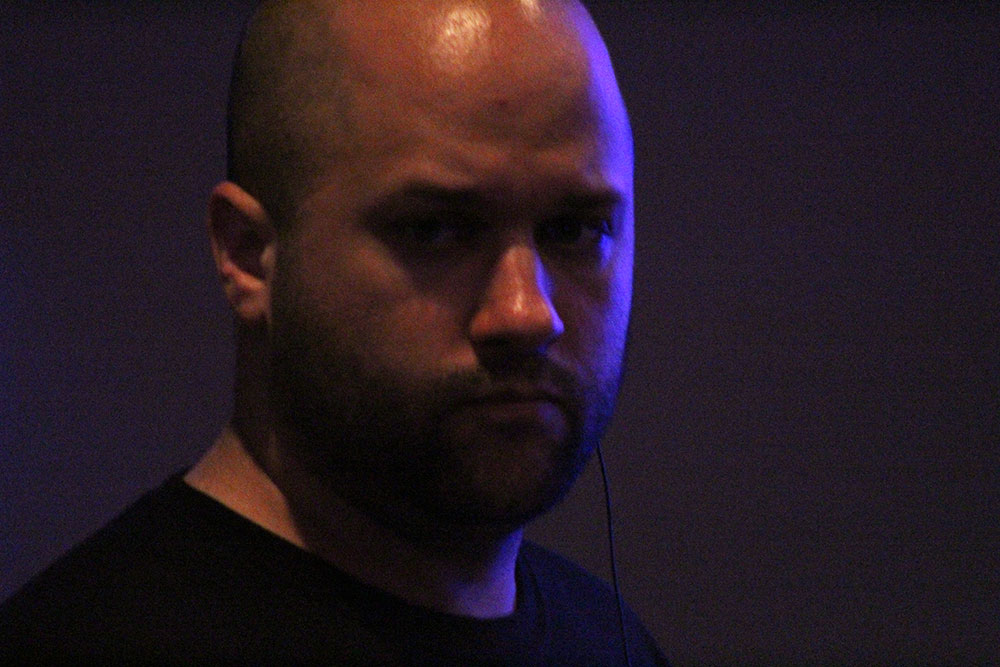
1. You have producing credits on a dozen projects and just had your directorial debut with Close Calls. What made you want to get involved in filmmaking? And was being more creatively involved like directing and writing always your goal?
I’ve wanted to make movies ever since I was a kid, man. I didn’t even know what a director was back then, I just knew that’s what I wanted to do. My mom told me when I was about three or four, I started drawing out these scenes and credits on scratch paper. And then of course, when I got a bit older, I started messing around with this VHS camcorder my parents bought. I also soaked up every movie I could growing up. I was obsessed, to say the least.
Some of the movies I would watch over and over again. Especially the horror ones. I was one of those “latchkey” kids in the ‘90s, so movies were always there to fill the time and keep me company.Now, during the teen years, I started to focus a little more on writing. I picked up a Tarantino script at the bookstore and started studying the art of the screenplay. I did this throughout my twenties, writing script after script, hoping maybe I could sell one of them someday. I did manage to win some awards for my writing along the way, but I was never able to land an agent.
At this point, the only thing holding me back from making a movie was my career at the time. I’ll just say it was a soul-sucking industry and leave it at that. But after saving up some money, I finally just quit my job completely and set out to make a feature. So to answer your question, producing was something that happened by diving into the indie circuit, but writing and directing my own stuff was always the ultimate goal.
2. What was it like directing your first feature? What happened that you did not expect and what challenges came up during the process?
It was awesome. It was stressful and overwhelming, but—now that I look back on the experience—it really was a good time in my life. I was meeting new people and getting out of my comfort zone. I was not prepared, however, for all the problems that occurred during shooting. Problems that almost destroyed the whole damn movie. From nosy neighbors trying to shut our production down to constant interruptions from the police … we definitely had our fair share of issues with this film.
But there’s an awesome feature-length documentary coming out soon about all the pitfalls we experienced on set. It’s called Red Phone Diaries: The Making or Breaking of ‘Close Calls’, and it’ll be included as a bonus feature on our upcoming Blu-ray release (from Scream Team Releasing). Check it out if you like drama. It’s filled to the brim with it. You won’t know whether to laugh or cry.
3. What films and/or filmmakers have had the most influence on you and would you say you incorporated any of their style in your own film?
Oh, absolutely. I love paying homage to other films and filmmakers. I think it’s something most first-time filmmakers tend to do. I did it a lot in Close Calls, but I hope to get that all out of my system one of these days. It’s obvious I love a lot of horror films by Argento, Bava, Craven, Carpenter, Romero, and Hooper. As a horror guy, you can’t help but be influenced by those dudes. But I also respect the work of Scorsese, Hitchcock, Kubrick, Bergman, Polanski, and Lynch. This can be seen in Close Calls quite a bit if you look for it. Some of the nods are subtle, but then a lot of them are painfully obvious.
4. I read the script for Close Calls took a while for you to complete. How did the story initially come to you, and what was the journey like to have finally completed it?
Actually, it really only took about three months to write the script in 2014, but the idea itself had been swimming around in my head since 2008. I wrote about ten pages at first, then waited six years to go back and revisit it. It kind of started as just a simple “stalker story” about a girl getting weird phone calls from some creeper. That was it. The idea was dull, formulaic, and derivative of other films like Black Christmas and When a Stranger Calls.
But when I started doing lots of hallucinogens and experimenting with psychedelic drugs, the “real” idea for the film suddenly hit me like a wave and took on a life of its own. It was an insanely creative, eye-opening experience in my life around that time, and I’m hoping audiences will go into the film in the same frame of mind I was in while I was writing it. After all, the film is more of a surreal, abstract experience than it is a traditional, cohesive narrative.
It was fun writing it because it was almost like this unconscious experience after a weird epiphany. My ego wasn’t present during the process, so the writing was very loose and uninhibited. It had an outline, but not a lot of structure. In many ways, it was a very “stream-of-consciousness” style of writing. I wanted this story to seem like it could branch out into a world of different possibilities. Even if certain people don’t fully understand it, I at least hope they enjoy the ride.
5. What was your favorite scene or sequence to film in Close Calls and why? Which was the most challenging, and how did you work through it?
One of the more challenging scenes in the film (if not the most) was the one with Barry and Morgan in the study. It was difficult because of the dark places that Jordan Phipps and Greg Fallon had to take themselves in order to stay in character and deliver realistic performances. We did a lot of takes of that, and it was pretty disturbing. The room was hazed-out, hot, uncomfortable, and you could just feel the tension in there. There were lots of crew-members, lots of equipment, and lots of lights in this tiny-ass room. But after a much-needed lunch break, we finally just threw ourselves back in that atmosphere and nailed it. It was a tough scene.
But my favorite scene in the movie is definitely the “billiard room” scene. Just seeing two characters spar back-and-forth verbally is what I love seeing on the screen. Also I just enjoy watching two talented actors like Jordan and Greg deliver this dialogue-driven drama that, to me, is way better than any action sequence in the whole movie.
6. I just love that long sequence between Jordan Phipps and Greg Fallon, the tension and chemistry is fantastic. Was that scene shot as scripted or was there some improvisation or on-the-fly ideas that took place? On that same note, do you encourage improvisation or in the moment changes, or do you prefer to stick with the plan?
The billiard room scene was pretty much shot as scripted. I believe Greg Fallon may have ad-libbed a couple of lines here and there, but, overall, both actors stuck to the page on that one. That scene was so important to me, man, that I didn’t want any ad-libbing going on. When I was writing it, I remember every single line had some sort of psychological or psycho-sexual undertone to it. So it was extremely important for me to have the actors stay on book.
However, I’m not opposed to ad-libs in certain moments if it works best for the film. For instance, an actor like Greg Fallon is a master at it because he’ll confer with me on the front-end to make sure it still fits his character and keeps with the tone of the film. In fact, every actor on set was great about coming up to me beforehand if they had concerns about certain lines or if they had an idea for something that they thought might work better to suit their performance. To me, if an actor wants to improvise, they should at least get with the writer/director during rehearsal to make the process a little more collaborative. In that regard, I have no problem with improv at all. Little nuances like that can make a big difference when it comes to giving a character or a moment in the film a little more verisimilitude.
7. You’ve shared opinions on the pros and cons of submitting films to film festivals. Where do you stand on the subject as a way of getting your film seen and possibly landing distribution and why?
I think festivals are important, but I don’t think they’re the “end-all, be-all” that determines a film’s success. I’ve shared my opinions on this before, and I think some people believe that I have this vitriolic attitude towards the overall festival experience. I don’t at all. I just think they are not for every filmmaker. I have a love/hate relationship with festivals. On one hand, I think a lot of them are great for making friends and establishing connections that last a lifetime. On the other hand, I think some of them are more about politics and friends patting each other on the back.
Unfortunately people can be very tribal … including filmmakers. For me, it all just depends on the festival and how credible they are in the grand scheme of things. All films aren’t created equal, so neither are festivals. Either way, I can’t deny the fact that the festival experience (good or bad) is something that opens doors. It did for Close Calls, so I don’t regret it at all.
Essentially it’s just all about finding like-minded people. There are tons of legit festivals out there now that are run by good people who really do care about the quality of the films they screen. As a filmmaker, you just have to do your research and network as much as you can. Like Too $hort said, you just gotta “get in where you fit in”.
8. Anything in the works that you’d like to share with us?
I have another horror feature in the works right now, but I’m still in the writing phase. This one’s very dark, moody and depressing, so it’s a story I’ve had to step away from about a hundred times. I’ve been working on this script since 2012, man. It’s a very personal, therapeutic project, so I’m definitely taking my sweet-ass time with it. We’ll see how it plays out. But if everything falls into place this year, we plan on diving back in the sea of pre-production real soon so we can ride those gnarly waves of production again. I damn sure don’t want to rush it, but I’m damn sure looking forward to it.


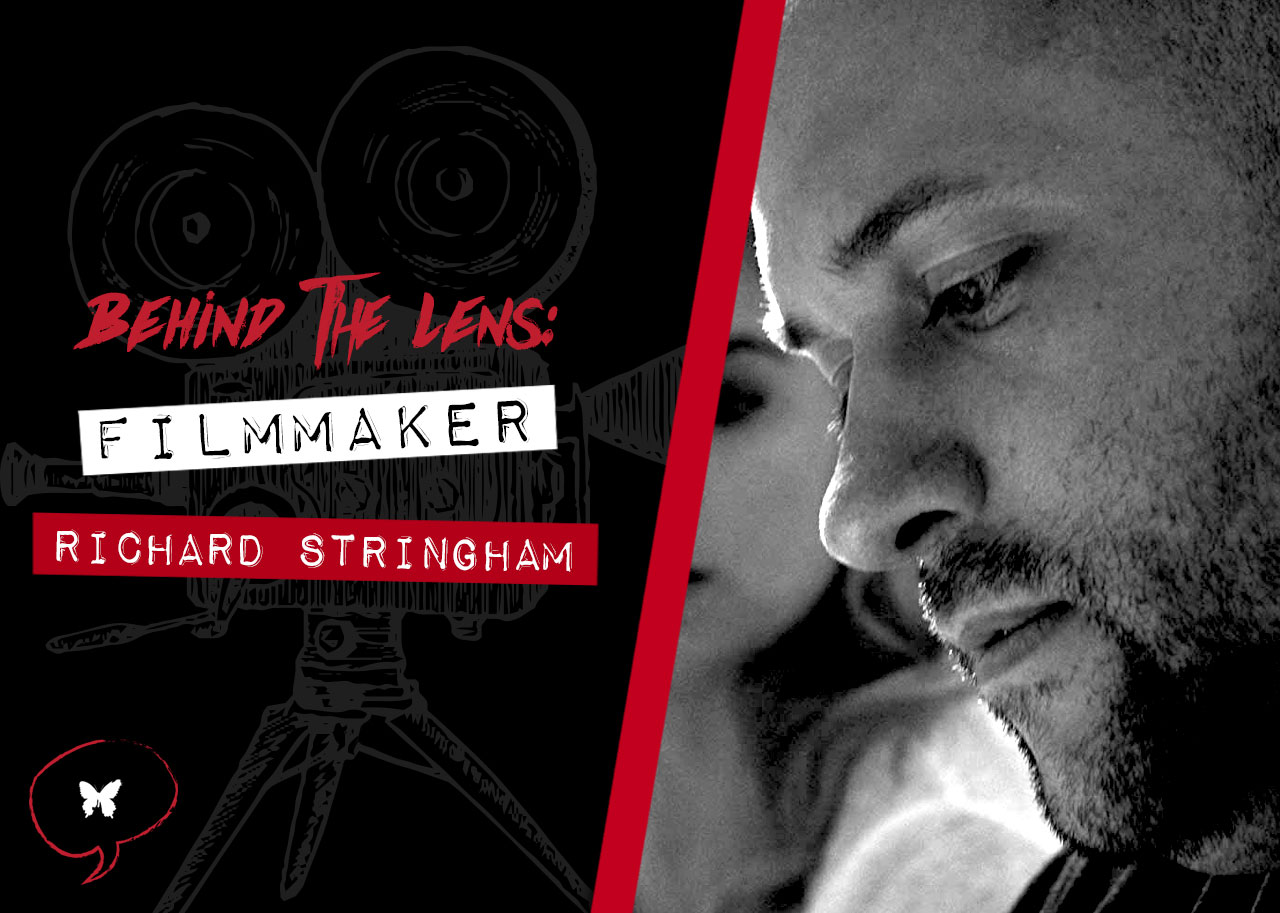
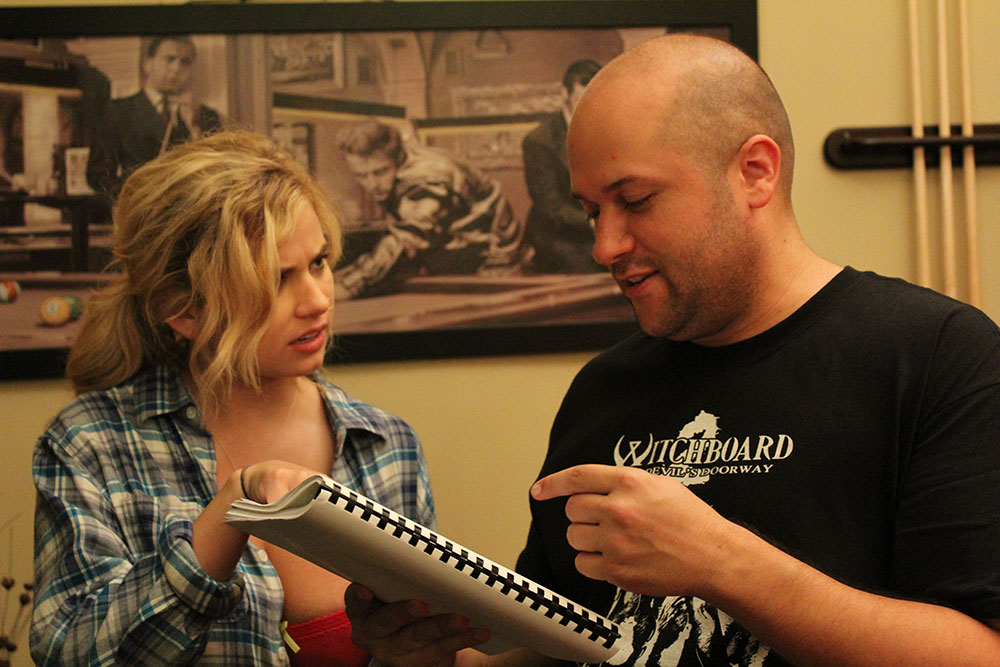
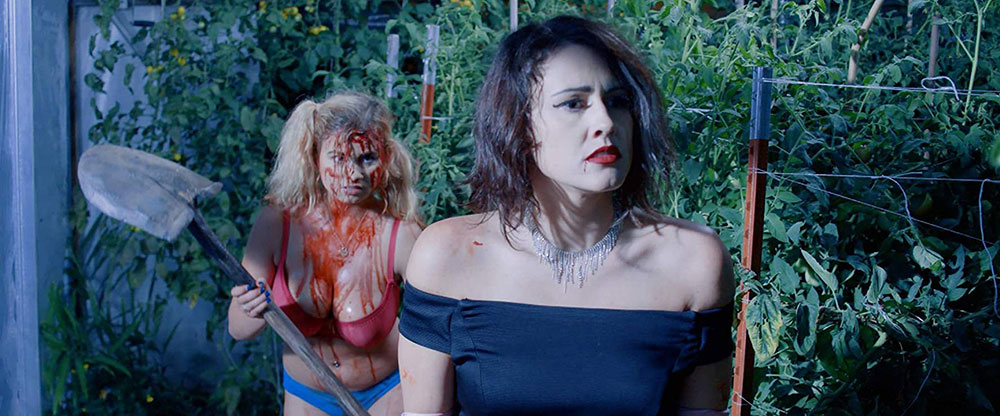
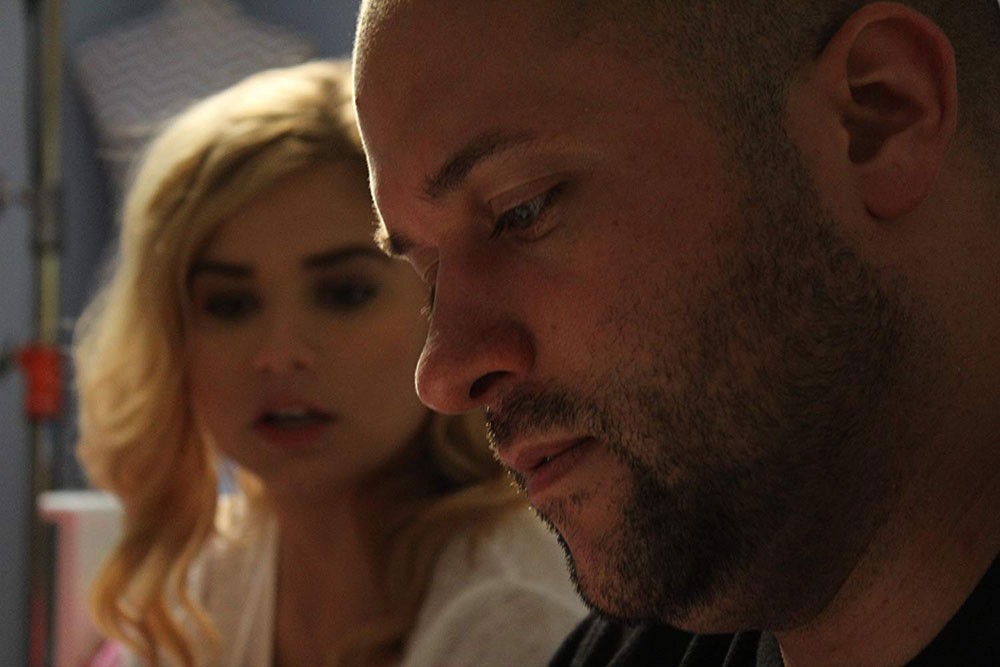
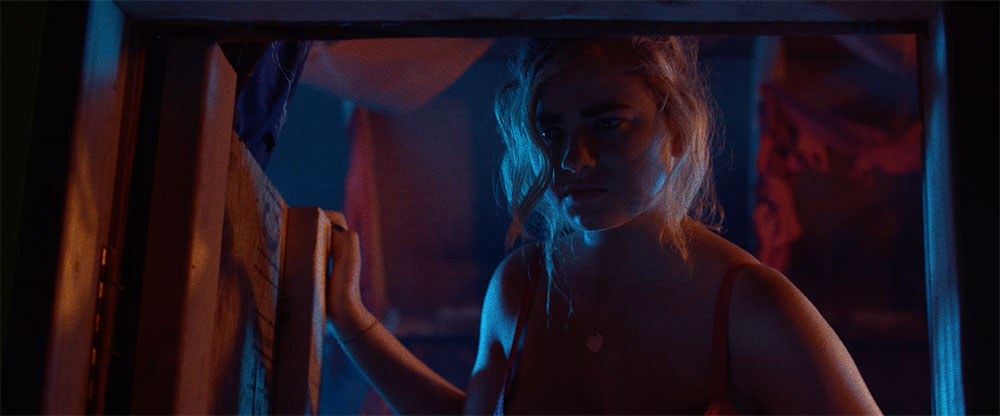
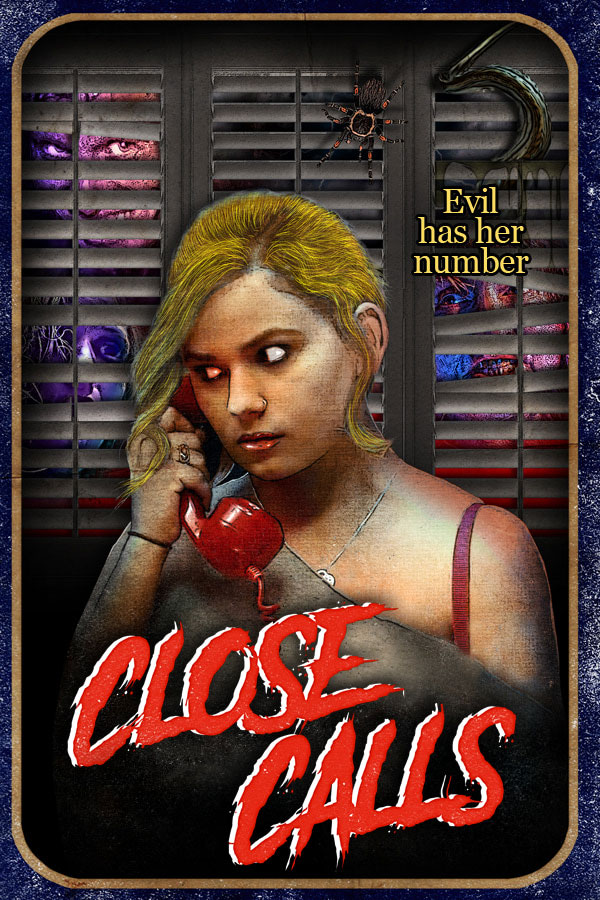


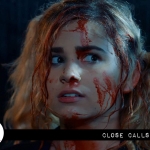
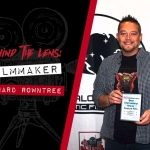
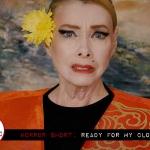
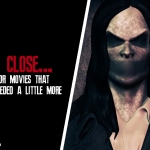





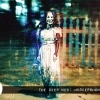
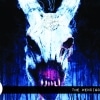
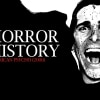
Follow Us!